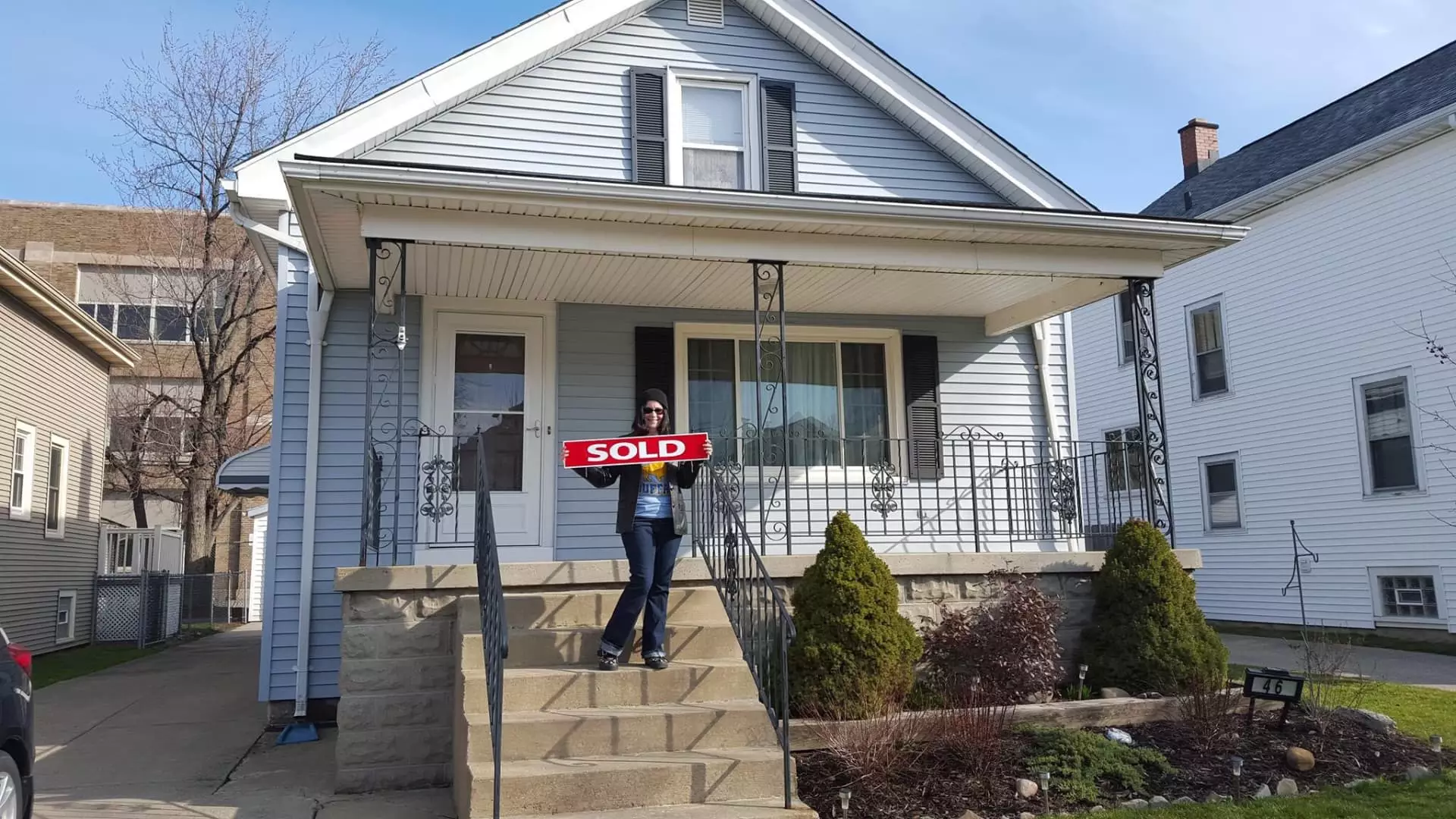In today’s economic climate, with record inflation rates, many potential homeowners are questioning whether investing in a home is still a sound financial decision. The increasing disparity between home prices and incomes poses a significant challenge for individuals looking to purchase a home. According to a recent analysis by the U.S. Census Bureau, more than a quarter of homeowners with mortgages are considered “cost-burdened,” as they spend over 30% of their income on housing expenses.
One of the major issues that homeowners face is the unexpected rise in property taxes and home insurance costs. As the value of a home appreciates, property taxes tend to increase as well. Similarly, home insurance premiums have seen a significant uptick, with a reported 20% increase between 2021 and 2023. Further rises in insurance rates are anticipated, with certain states like Florida, Louisiana, Texas, and Colorado experiencing the most significant spikes due to extreme weather events.
The escalating costs of maintaining a home can have a profound impact on homeowners’ financial stability. Property taxes, for instance, surged by 25% for homeowners whose properties were reassessed during the recent period of booming valuations. Increased insurance rates and the rising costs of home repairs further compound the financial burden on homeowners, especially in states prone to natural disasters.
When considering the purchase of a home, it is essential for potential buyers to be aware of all associated costs beyond the mortgage payment. Consulting with a knowledgeable real estate agent can provide insights into the history of expenses related to homeownership, including property taxes, insurance, utilities, and other bills. Understanding state laws regarding property tax increases is crucial in estimating long-term affordability.
Current and prospective homeowners alike should exercise caution in managing their budgets and not overextend themselves financially. Rather than maxing out on mortgage payments, it is advisable to aim for a lower monthly payment to allow for flexibility and unforeseen expenses. Building a financial cushion by setting aside extra funds can serve as a buffer against unexpected costs that may arise.
For homeowners facing financial difficulties, there are options available to help alleviate the burden. Organizations such as the Department of Housing and Urban Development offer programs and assistance to qualifying individuals. Communicating openly with mortgage servicers about financial hardships can lead to potential repayment plans or loan modifications. Switching insurance providers to find more affordable rates is another strategy to manage escalating costs.
While homeownership remains a valuable asset for many individuals, the current economic landscape necessitates careful planning and financial prudence. Keeping a close eye on rising expenses, understanding the implications of inflation, and seeking professional guidance can empower homeowners to navigate these challenges successfully. By staying informed and proactive, individuals can secure their financial well-being amidst record inflation rates.

Leave a Reply